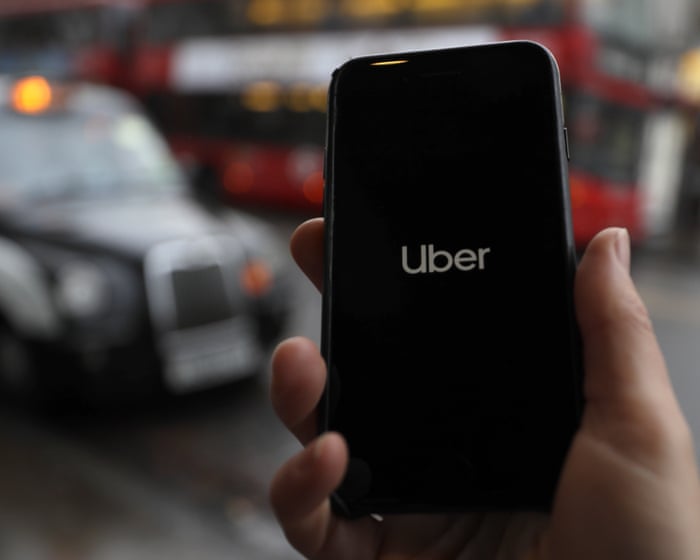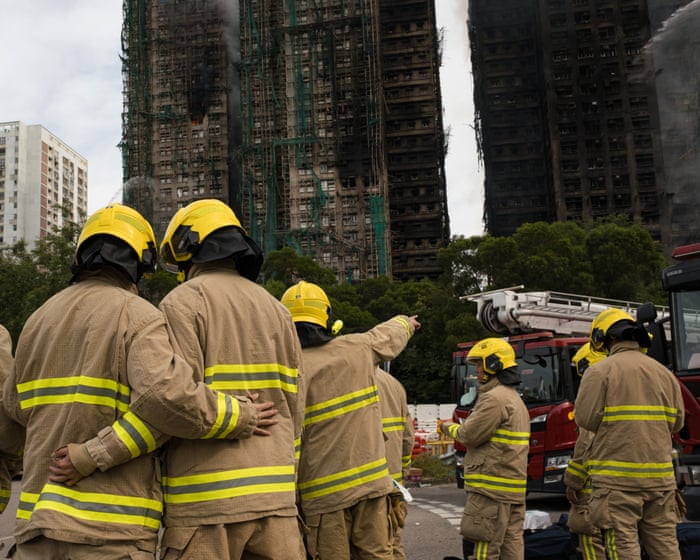Taxi companies competing with Uber won’t have to pay 20% VAT on their earnings outside London after a UK Supreme Court ruling in a long-standing legal dispute.
The court rejected Uber’s appeal, stating that private-hire operators don’t directly contract with passengers. Ride-hailing firms called the decision a “win for the industry” after a three-year legal fight that they warned could have led to steep fare hikes for customers.
Uber had taken the case to court following a 2021 Supreme Court ruling that classified its drivers as workers, affecting its tax and legal responsibilities. The company argued that private-hire firms do enter into contracts with passengers, and London’s High Court initially sided with Uber in 2023.
That ruling would have forced operators to charge 20% VAT, but it was overturned last July after Delta Taxis and Veezu challenged it. Uber then appealed to the Supreme Court, which unanimously dismissed the case on Tuesday.
Nia Cooper, Veezu’s chief legal officer, said: “This is a victory for the UK private-hire sector. The unanimous decision ends a three-year legal battle and ensures operators can keep choosing their preferred business model.”
She added that the ruling prevents potential fare increases for passengers and reduces pressure on licensing authorities. “Uber wanted a ruling that would have imposed 20% VAT on all private-hire fares,” she said. “This also proves that British businesses can stand up to global giants trying to use lawsuits to reshape the industry in their favor.”
An Uber spokesperson responded: “The Supreme Court confirms that booking trips in London has different contractual protections than in the rest of England and Wales. This ruling doesn’t affect how Uber applies VAT, which other courts have upheld twice.”
In a separate case, Estonia-based Bolt recently won an appeal against HMRC over what parts of its service should be subject to 20% VAT. However, HMRC has been granted permission to challenge the decision that Bolt only owes VAT on its profit margin, not the full trip cost, in the Court of Appeal.



